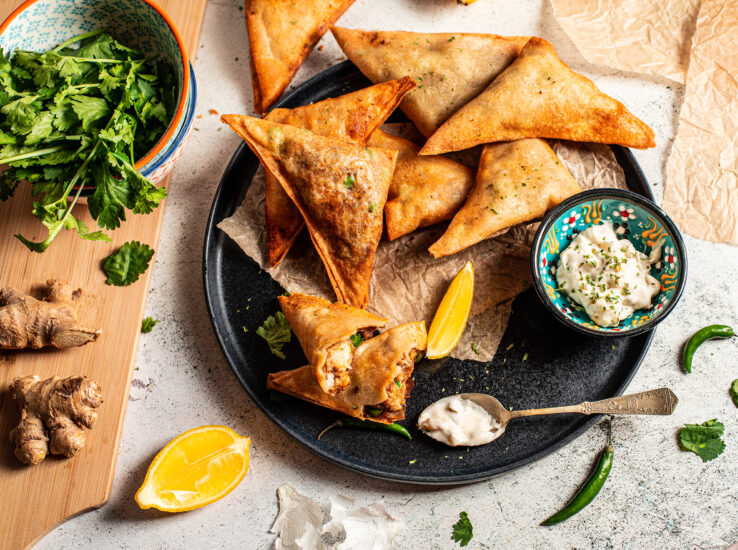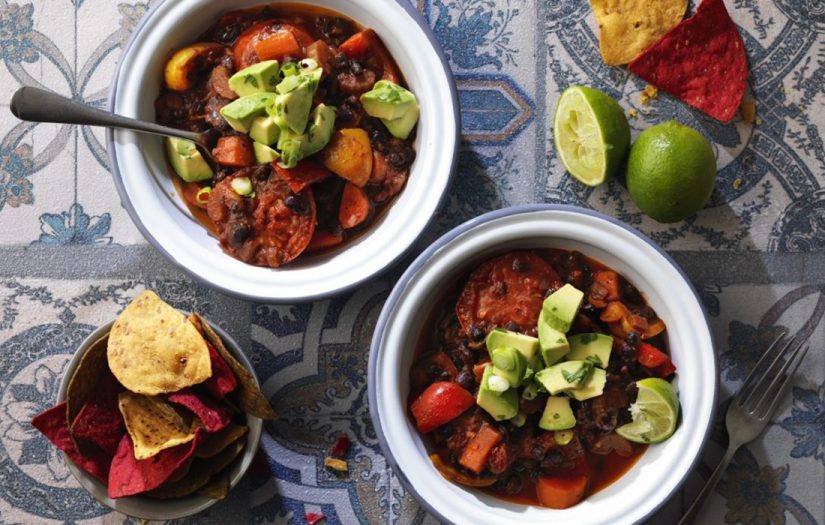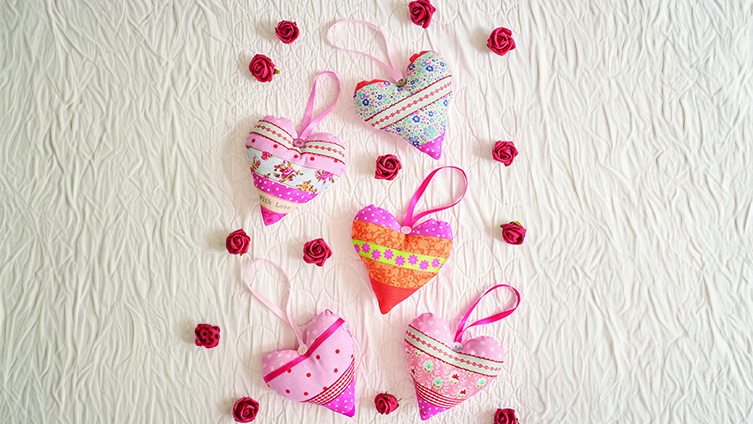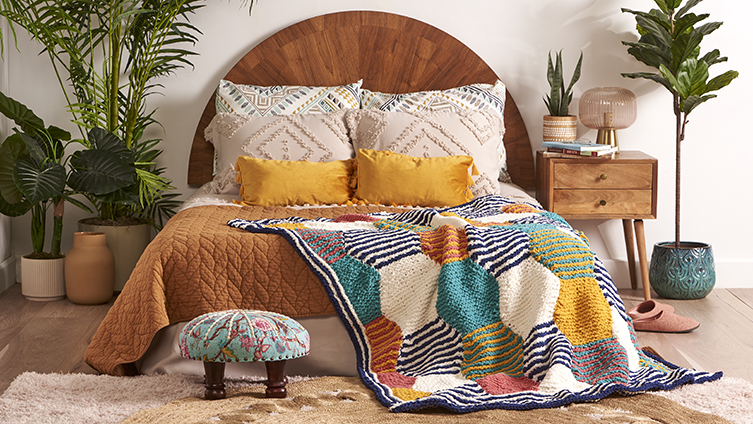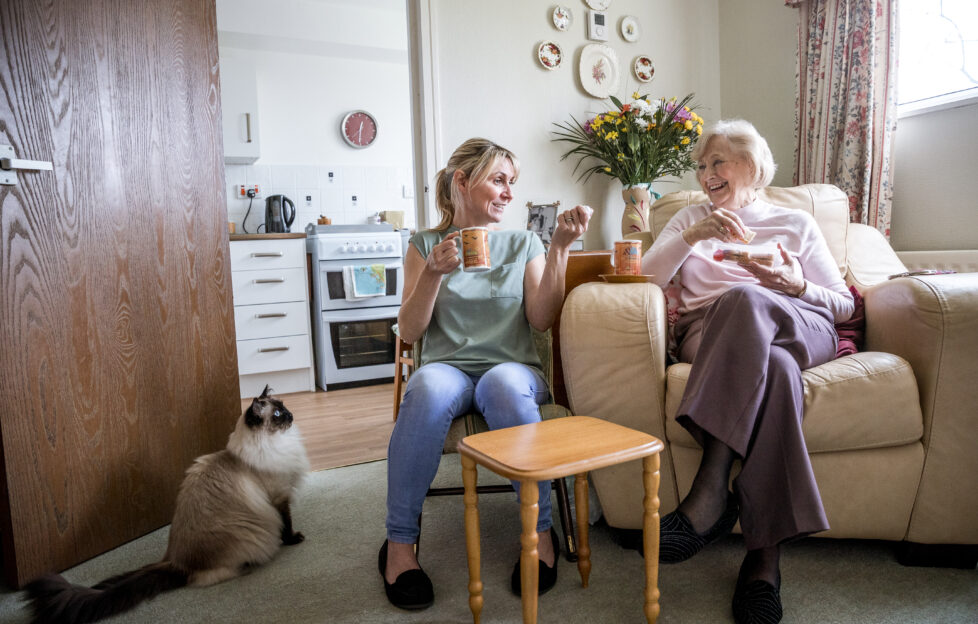 Getty Images©
Getty Images©To help people look after themselves throughout the difficult winter ahead, the Royal Voluntary Service and Yakult have produced the “Stay Safe, Warm and Well” guide.
You can find the guide here. It includes vital information, such as:
- how to keep active and eat a healthy diet
- how to ensure your home is gas safe
- who to call in a power emergency
- contacts for mental health support
- where to find essential NHS contact details.
By following the guide, people will be able to better manage the risks that are elevated by cold weather.
“With most aspects of everyday life returning to normal, it‘s easy to overlook personal struggles that carry on behind closed doors,” Reshma Patel, Marketing Manager Yakult UK & Ireland said.
“While some people may not want to burden others or ask for help, we hope that our guide will support those most vulnerable and in need to stay safe, warm and well and encourage them to seek help during winter if they need it.”

iStock.
Still nervous to resume positive pre-pandemic routines
The two organisations decided to collaborate on the guide after research revealed how enduring behaviours created by pandemic restrictions mean that 62% of Britons continue to put off acts of self-care, such as visiting health professionals or taking exercise.
For example, some people have delayed seeing their GP (14%), optician (16%) or dentist (21%).
Diet and exercise are the lifestyle areas we’ve neglected most, with 28% of respondents admitting to exercising less and ordering more takeaways than usual.
The research also digs into some of the reasons why our behaviours have changed.
The most common reasons for change include:
- the fact we’re seeing fewer people and not prioritising these activities anymore (20%)
- we’re less concerned with our appearance (22%)
- worrying healthcare professionals will be too busy (21%)
- not wanting to be a burden (20%)
- still limiting interactions (30%).
As a result, more than a third of respondents feel more anxious (35%), less fit (32%), as well as less healthy (33%) and less good about themselves (31%).
41% said a physical or a mental health condition has developed or got worse.
“The pandemic and subsequent isolation periods forced us into routines and behaviours that are unnatural to us and are bound to have some residual effects. That’s why this winter it is all the more important to look after our own wellbeing and the wellbeing of those around us,” Sam Ward, Deputy CEO and Director of Services at Royal Voluntary Service said.
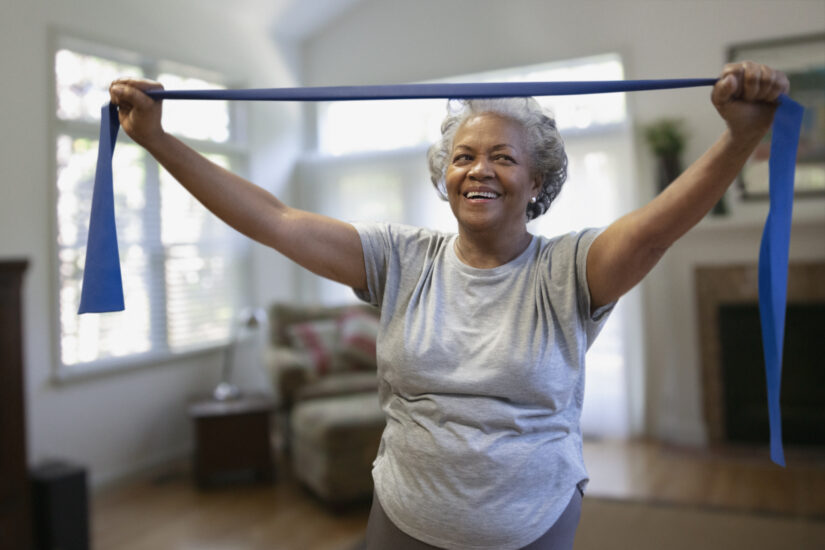
iStock.
Self-neglect can be a sign of poor mental health
“Self-neglect can be a sign of poor mental health. The ‘Stay Safe, Warm and Well’ guide is a fantastic tool to provide advice and support on keeping yourself and loved ones safe.
“If you are experiencing symptoms of these residual effects along with low mood, you should book an appointment with your GP or speak to a charity supporting mental health.”
It seems the pandemic has also affected the ways we look after our homes, creating trip and health hazards.
Almost a quarter (24%) have more clutter around the house than before the pandemic and approximately 1 in 5 haven’t been cleaning as much (21%) and have continued to let minor repairs build up (19%).

